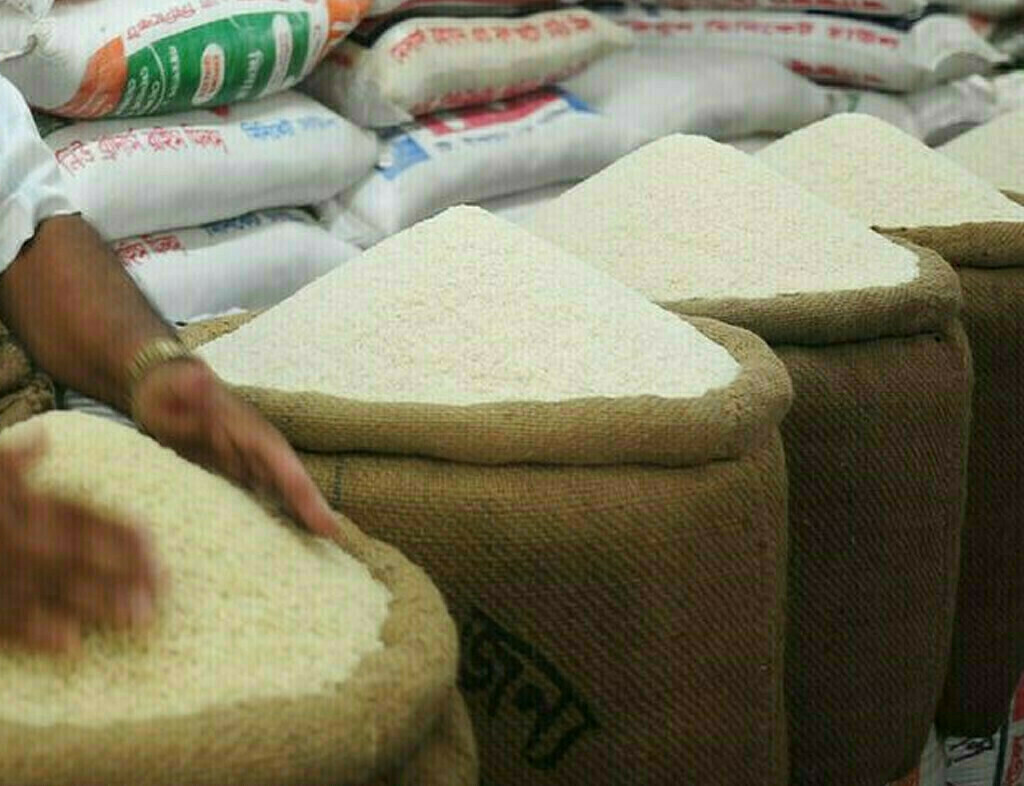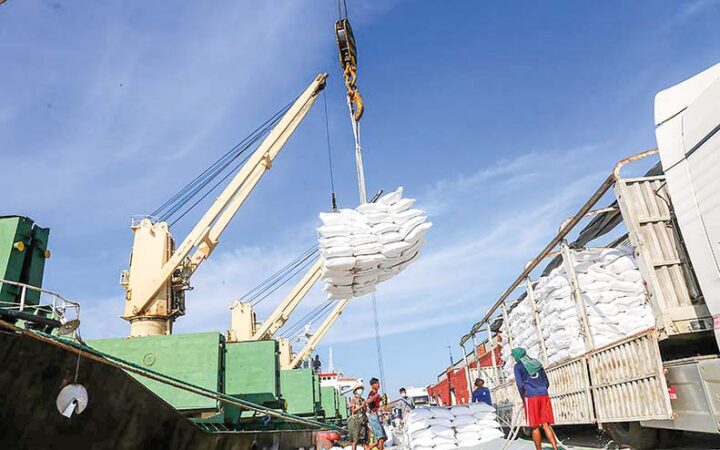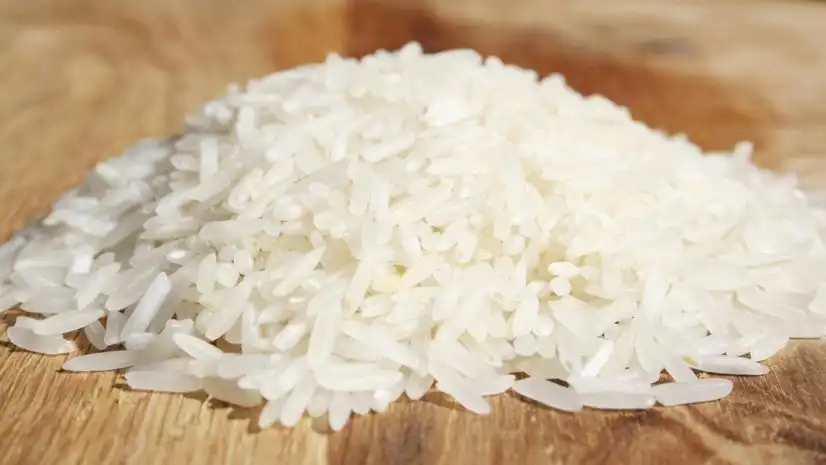Tags
How a Gene-Editing Research Project Is Helping to Increase Drought Tolerance in Rice
Rice is one of the world’s most important staple crops, and some varieties are extremely water intensive. More frequent occurrences of severe drought threaten rice production as well as global nutritional security. The Foundation for Food & Agriculture Research is providing a $25,000 grant to the University of California, Berkeley (UC Berkeley), to conduct field trials of gene-edited rice lines — groups of similar plants — that in laboratory settings conserve more water more efficiently than non-edited, or wild-type, rice. Good Ventures Foundation provided matching funds for a total investment of $50,000.
“We are facing a future in which fresh water will be at a premium, and agriculture must do more with less,” said Dr. Angela Records, FFAR chief scientific officer. “One option is reducing the amount of water that thirsty crops, like rice, need to thrive. Research like this project is doing just that — and already showing promising results. Further field tests may prove a much-needed breakthrough.”
Stomata are microscopic pores on crops’ leaves that act as sites for gas exchange. Stomata enable photosynthesis through carbon dioxide uptake, and they moderate the release of water vapor. Using CRISPR gene-editing technology, UC Berkeley researchers led by Nicholas Karavolias, graduate student under the direction of Dr. Brian Staskawicz, professor of Plant and Microbial Biology, previously edited two genes in wild-type rice, leading to reduced stomatal density — the number of stomata on the leaf surface. The researchers found that both rice with moderate and strong reductions in stomatal density conserved more water than wild-type rice. Further tests using varying degrees of water found that the genetic editing did not affect the crop yield in greenhouse settings.
So far, tests on the gene-edited rice have taken place in laboratory greenhouses. With the FFAR grant, the researchers’ collaborators at the International Center for Tropical Agriculture (CIAT) are conducting field trials of the rice at different locations in Colombia. The team is growing three lines of rice — wild-type, moderately reduced stomatal density and greatly reduced stomatal density — in both well-watered and drought conditions. The trial site is further testing for differences in water-use efficiency, thermal regulation, yield and other agronomic properties among the varieties.
As many gene-editing technologies are relatively new, this research will also serve as a test case for moving genetically edited crops from limited growth in a laboratory setting to larger farmlands. As part of this project, CIAT will help integrate the edited trait into the rice most widely used by growers. Optimizing this transition will allow these and other crops to reach growers more quickly.
“The promise of gene editing hinges on its successful translation to those who stand to benefit most,” said Karavolias. “This field trial represents an important first step towards that goal.”
https://www.agribusinessglobal.com/agrochemicals/seeds-traits/how-a-gene-editing-research-project-is-helping-to-increase-drought-tolerance-in-rice/Published Date: November 8, 2023






